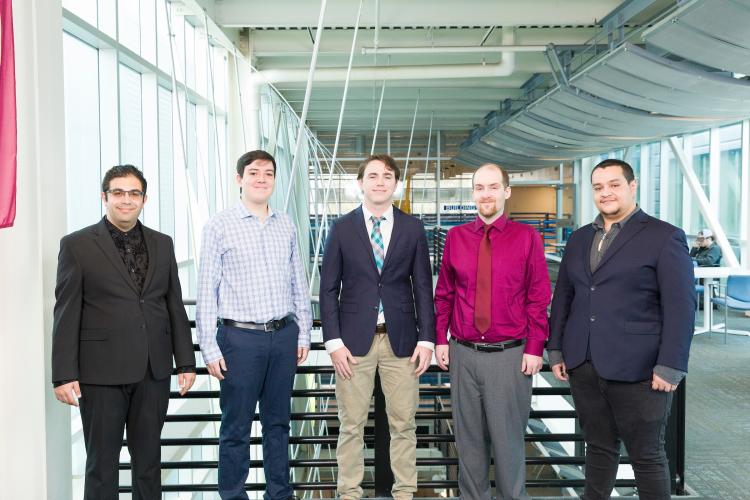
This project introduces a hands-free golf pushcart designed to make transporting clubs easier on the course. The cart uses millimeter-wave radar to recognize simple hand movements, allowing golfers to guide it without pushing or pulling. With built-in motors, it moves smoothly across different types of terrain, reducing effort and improving the user experience.
To develop the best design, we studied different transportation methods. Tugboats inspired a single front-wheel system for easy turning. We considered tank treads for better grip on grass and uneven terrain. Electric scooters and bikes influenced the rear-wheel motor system for power and efficiency. A separate control unit processed hand signals quickly and ensured smooth operation.
We analyzed several versions to find the best balance of usefulness, cost and reliability. Some models had manual operation with tank treads, others had built-in motors and some included solar panels to extend battery life. The most advanced designs incorporated lightweight materials, smooth steering and real-time motion tracking.
The cart followed industry standards to prevent interference with other devices. Solar panels provided at least 10% extra power over four hours. It operated from 10 to 40 degrees Celsius and securely held at least two golf clubs.
We developed a functional prototype and refined gesture recognition accuracy, movement control and energy efficiency. Next steps included improving response time, optimizing battery usage and testing on different terrains. This project demonstrated how hands-free carts could enhance convenience, allowing golfers to focus more on their game.
